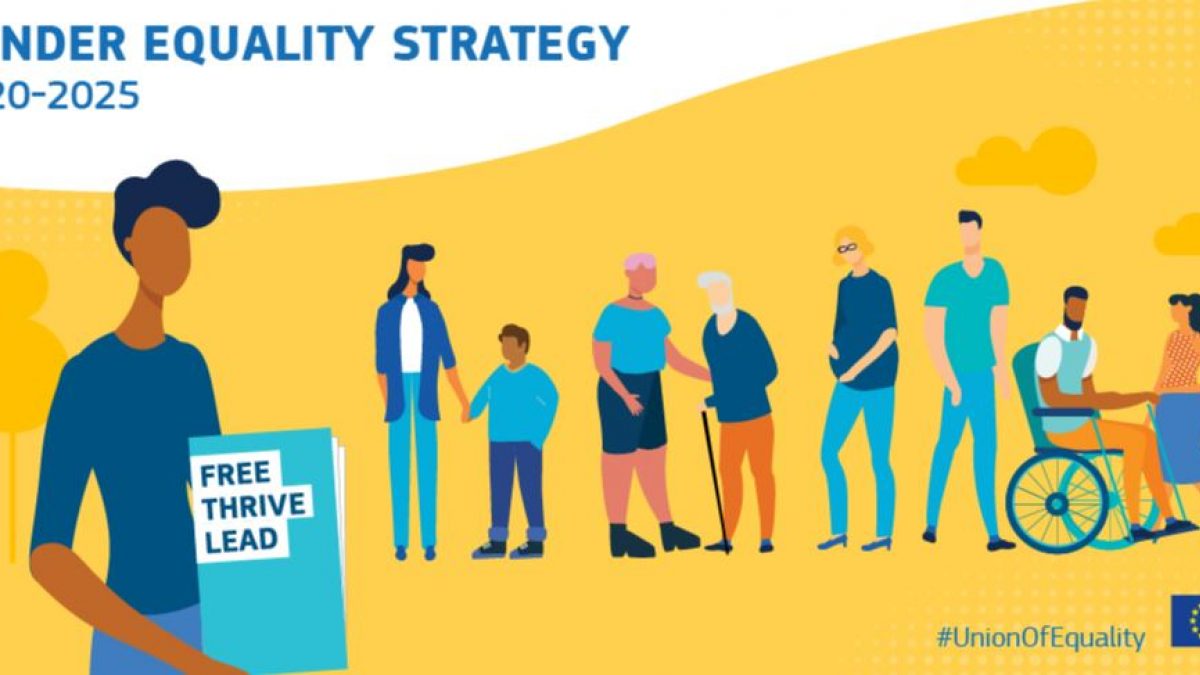
BRUSSELS - The European Commission published its new Gender Equality Strategy today. The EU Gender Equality Strategy 2020-2025 aims to deliver on the von der Leyen Commission’s commitment to achieving a Union of Equality. The Strategy presents policy objectives and actions to make progress by 2025 “towards a gender-equal Europe”. The goal is a Union where women and men, girls and boys, in all their diversity, are free to pursue their chosen path in life, have equal opportunities to thrive, and can equally participate in and lead our European society.
The key objectives and measures proposed focus on ending gender-based violence; challenging gender stereotypes; closing gender gaps in the labour market; achieving equal participation across different sectors of the economy; addressing the gender pay and pension gaps; closing the gender care gap and achieving gender balance in decision-making and in politics.
“In health, women and men experience gender-specific health risks. A gender dimension will be integrated into the EU Beating Cancer Plan to be launched in 2020. Regular exchanges of good practices between Member States and stakeholders on the gender aspects of health will be facilitated, including on sexual and reproductive health and rights.”
“The EU will continue supporting women’s human rights, its defenders, sexual and reproductive health and rights, and efforts to curb sexual and gender-based violence throughout the world, including in fragile, conflict and emergency situations.”
EPF and MEPs for SRR are pleased to see the strategy includes mention to sexual and reproductive health and rights in the chapter on gender mainstreaming and health policies as well as in the actions proposed for external policies. EPF parliamentarians will ensure to monitor progress and encourage the Commission to regularly and actively raise awareness for best practices across Member States which could help reducing inequalities in accessing SRH services in general.